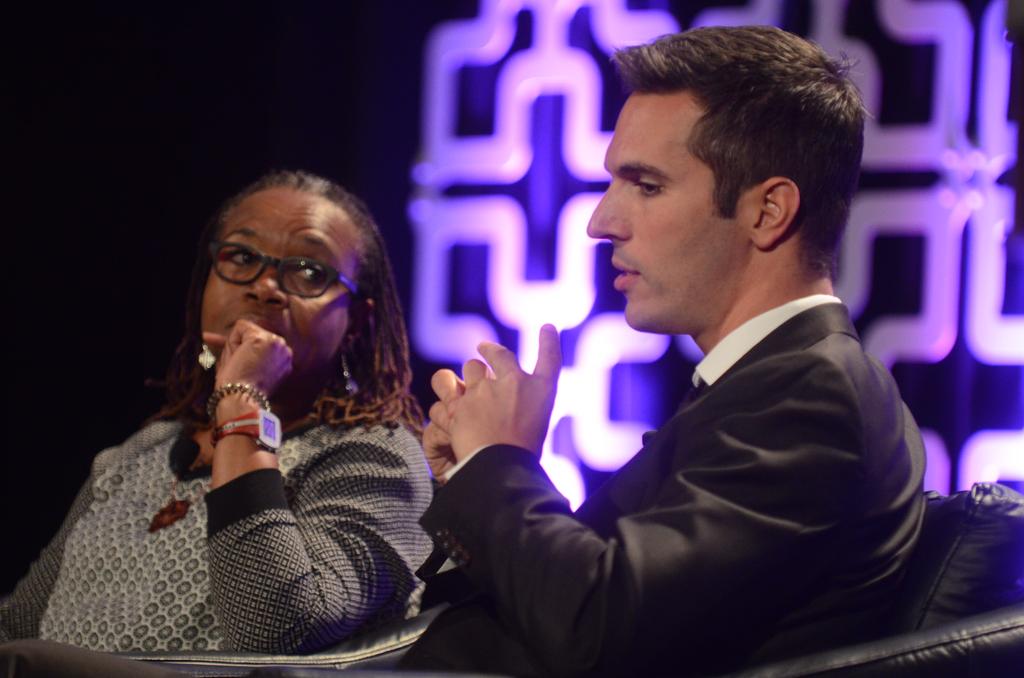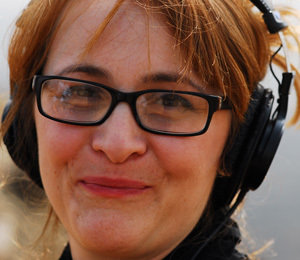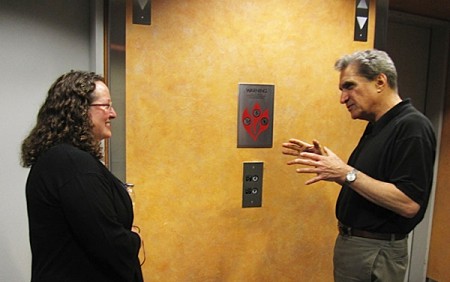Tag: All Things Considered
New host lineup at ‘All Things Considered’ brings drive to ‘freshen up’ show
The philosophy under new leadership will be “not being afraid to try new things.”‘The Pub’ #29: Michael Oreskes, NPR’s new head of news, on station collaboration, host changes ...
Oreskes wants NPR and member stations to collaborate more seamlessly, both to break more and better news, but also to better reflect ...NPR expands co-hosting team for ‘All Things Considered’
NPR tapped longtime correspondents to expand ATC’s co-hosting team and appointed Michel Martin to host weekend editions of the newsmagazine.All Things Considered’s Melissa Block moves from host chair to special correspondent role
Block has co-hosted the show for 12 years.Monday roundup: Iowa loves Doctor Who most of all; Sesame Street disappears from Netflix
Plus: A former Shark Week host seeks redress from NPR, and NPR's ombud considers an accusation of plagiarism.Robert Conley, first host of All Things Considered, dies at 85
Robert Conley, the first host of NPR’s All Things Considered, died of parotid cancer Nov. 16 at his home in Virginia. He was 85. ...Audio diarists share new stories in Teenage Diaries Revisited
Beginning May 6 on NPR's All Things Considered, listeners will hear five voices from the past that may have a familiar ring. They’re a ...NPR makes ATC hosting changes
NPR today announced changes to its roster of co-hosts for All Things Considered. Audie Cornish, who had been guest-hosting during Michele Norris’s leave of ...NPR’s embedded bards riff on news through poetic lens
NPR’s All Things Considered now comes with a monthly dose of poetry, courtesy of poets who embed themselves among the network’s journalists...Bill Siemering’s ‘National Public Radio Purposes’, 1970
“National Public Radio will serve the individual: it will promote personal growth ...”Revamped ‘All Things Considered’ brings new sound to weekends
The weekend installment of NPR’s afternoon newsmagazine starts its 35th year on the air this month — and its third year of ...Dave Creagh, 60, producer and station exec ‘in vanguard of public radio pioneers’
Dave Creagh, an early All Things Considered executive producer who went on to lead other programs and major-market stations throughout his influential 22-year pubradio ...50 miles from epicenter
It was purely by chance that a team of veteran NPR journalists was working in Chengdu, the capital of China’s Sichuan province, ...‘It’s going too fast’
“I don’t remember talking to you before. I can’t remember yesterday. Tomorrow I won’t remember this. It’s not there.” “Is that distressing?” ...








